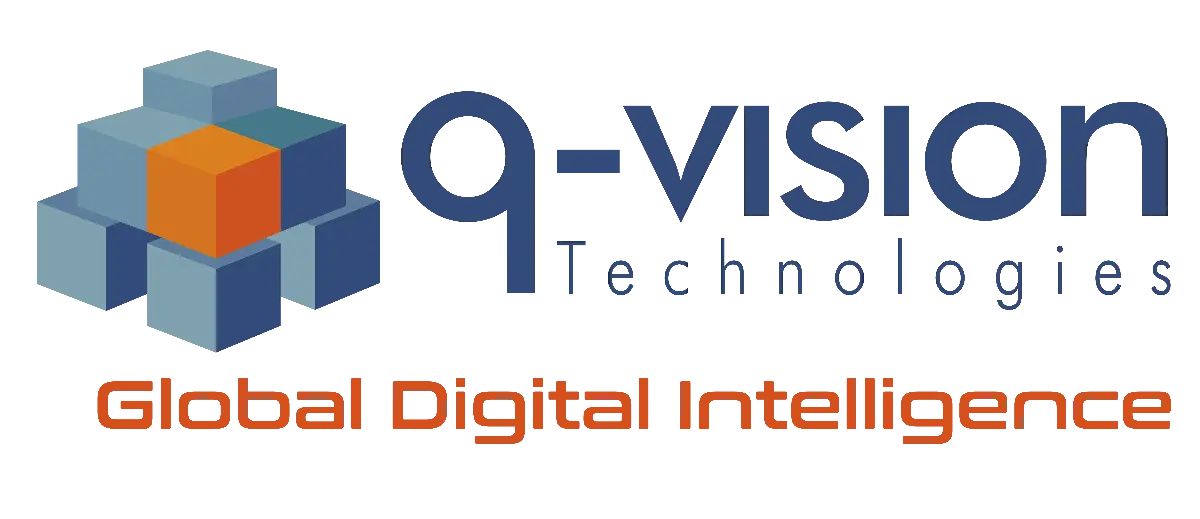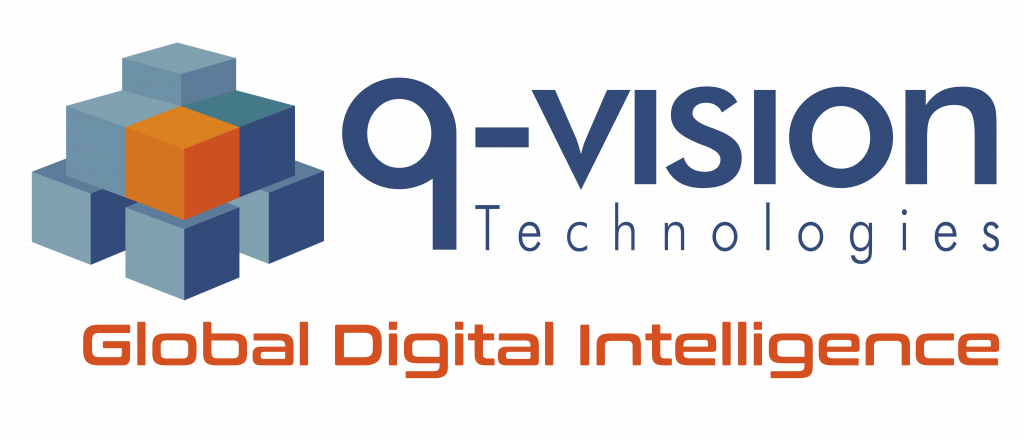Software quality is a crucial aspect in the success of any software development project. To ensure its functionality, it is necessary to use appropriate tools to identify errors and optimize performance.
Below are the 5 most used tools in software quality:
- Software testing tools help conduct tests for functionality, performance, and security, significantly reducing the time and cost of manual testing. Among the most popular testing tools are Selenium, JUnit, and TestComplete.
- Version control tools are essential for software development, allowing developers to work on different code versions simultaneously while maintaining a record of all changes made. Git, SVN, and Mercurial are the most well-known version control tools.
- Code analysis tools are used to identify issues in the software's source code. Tools like SonarQube, ESLint, and Checkstyle are helpful in enhancing security, improving programming practices, and fixing errors.
- Defect management tools enable developers to monitor, prioritize, and resolve errors efficiently. The most commonly used tools in this process are Jira, Bugzilla, and Mantis.
-
Test automation tools allow developers to automate desktop, web, and mobile testing more efficiently in terms of time and cost. Selenium, Appium, and Katalon Studio fulfill this function.










